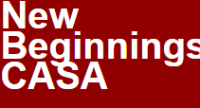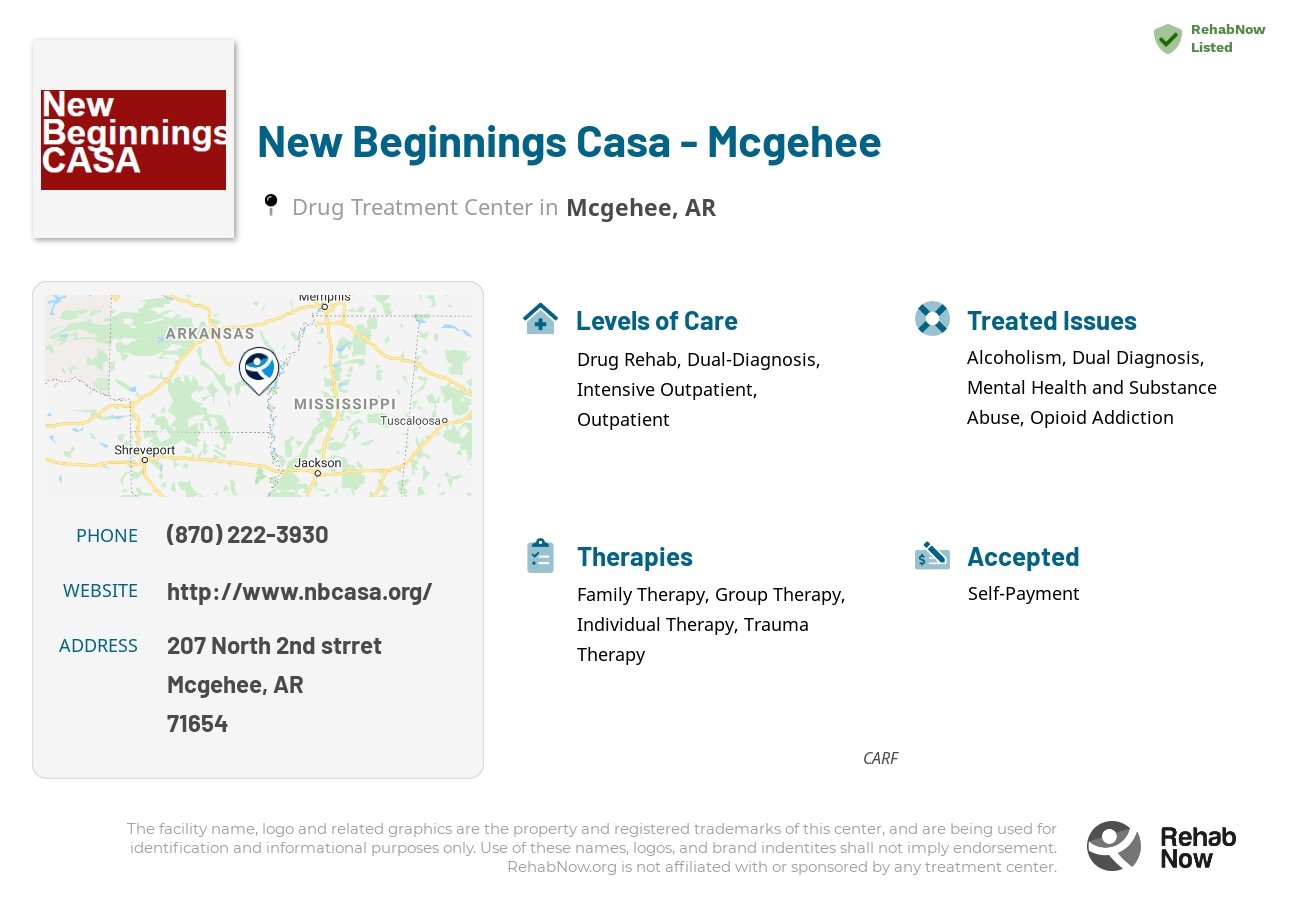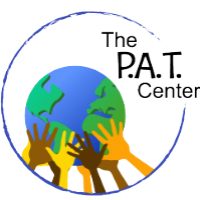About New Beginnings Casa - Mcgehee in Arkansas
New Beginnings Casa - Mcgehee is a drug treatment facility located in Mcgehee, Arkansas. They are accredited by CARF (Commission on Accreditation of Rehabilitation Facilities), which ensures that they meet high standards of care. At New Beginnings Casa - Mcgehee, they specialize in treating individuals who are suffering from alcoholism, dual diagnosis, opioid addiction, and drug addiction. They offer a range of services including drug rehab, dual-diagnosis treatment, intensive outpatient programs, and outpatient care. With their focus on personalized treatment plans, New Beginnings Casa - Mcgehee aims to provide comprehensive and effective care to help individuals recover from addiction.
New Beginnings Casa - Mcgehee offers a variety of services to address addiction and substance abuse. Their drug rehab programs provide individuals with the support and tools they need to overcome their addiction. Additionally, the facility offers dual-diagnosis treatment, recognizing the importance of addressing both mental health issues and substance abuse simultaneously. Their intensive outpatient programs provide a structured and supportive environment for individuals who require more intensive treatment but do not need to be in a residential facility. For those who require less intensive care, New Beginnings Casa - Mcgehee also offers outpatient programs. These services aim to provide a range of options to meet the needs of individuals seeking recovery from addiction.
Genders
Ages
Modality
Additional
Accreditations

CARF
The Commission on Accreditation of Rehabilitation Facilities (CARF) is a non-profit organization that specifically accredits rehab organizations. Founded in 1966, CARF's, mission is to help service providers like rehab facilities maintain high standards of care.
Conditions and Issues Treated
Opioid addiction treatment should be done in a medically supervised drug rehab. While taking opioids, users will typically use other substances to enhance the effects of opioids or to reduce the adverse effects of opioid use. Opioid addiction treatment will include detoxification and drug rehab counseling to help both the user and their loved ones learn how to live a successful sober lifestyle.
Treatments such as methadone, buprenorphine, and naltrexone are three medications that can help treat opioid addiction. These drugs work on the brain’s pleasure center and reduce cravings and the effects of illicit opioids such as heroin. These drugs can be either given orally or by injection. Individual drug rehab counseling sessions can be helpful to discuss any questions or concerns with the drug treatment program. This counseling will also help the user set goals for when they finish drug rehab.
Opioid addiction recovery is a long process. Many of the changes to the brain caused by opioid use cannot be undone, but with time and the proper treatment, a person can return to normal function. After detox, treatment will include drug rehab counseling and entering a halfway house or sober living community. Aftercare is critical to long-term recovery, as it helps the user avoid relapsing and entering back into drug rehab.
Levels of Care Offered
This center offers a variety of custom treatment tailored to individual recovery. Currently available are Drug Rehab, Dual-Diagnosis, Intensive Outpatient, Outpatient, with additional therapies available as listed below.
Intensive outpatient treatment is a type of comprehensive addiction care. Unlike conventional residential treatment programs, the patients live at home during the recovery process. This means that one can continue working and caring for their families. These also allow people to keep pursuing their studies while also working on their sobriety.
Outpatient treatment can help one transition to normal life from the round-the-clock supervision and treatment available during inpatient treatment. It is an excellent tool to ensure long-term recovery. However, it is essential to note that intensive outpatient treatment in itself does not remove patients from the real-world setting. This means there’s always a higher risk of coming across environmental triggers. To further prevent relapse, an outpatient treatment center should be able to provide ongoing support services.
Once the patient is enrolled in an intensive outpatient treatment program, they will be expected to attend therapy and group meetings daily for a stipulated period. The frequency and duration of each session will depend on the patient’s needs and level of addiction. This can help curb the habit and deal with underlying issues that led to it. Most of these professional treatments are designed to allow patients to structure their daily schedules in a way that is conducive to recovery.
“Outpatient treatment is ideal for those who have a lower intensity addiction. It’s also suitable for those with a supportive environment and those on a tight budget.
Outpatient treatment can be considered the lowest intensity level of addiction treatment. It is ideal for early phase addiction or lower intensity addictions. It may involve weekly sessions instead of daily. Peer group support, 12-step programs, and individual counseling may still be used and anti-addiction medication.
Therapies & Programs
No single treatment works for all addicts; therefore, the goal of treatment and therapy should be to find what works best for each individual. Some people requiring addiction treatment may only need a few weeks of inpatient care. Others will require long-term residential care. Tolerance and withdrawal levels vary from person to person and thus affect the intensity of the treatment needed.
If an individualized approach to treatment and therapy is not offered, addicts may fail to reap benefits from their efforts. Professionals must customize plans according to their patient’s needs, limitations, and strengths. The goal of all forms of addiction treatment should be for addicts to find healthy ways to cope with their addiction and its underlying causes.
The therapies usually include siblings, children, and parents who are involved in their daily lives. These sessions are vital because they address past issues that may have hampered an addict’s or alcoholic’s recovery and provide support at a crucial time!
One of the most critical aspects of family therapy is helping addicts’ loved ones see their situation in a new light. It’s also one of the most challenging things a family can do when a loved one struggles with addiction or alcoholism.
Group therapy is held in a safe, controlled setting where patients can feel comfortable sharing their struggles and gaining perspective through shared conversations. It takes place in a group rather than one on one to prevent feelings of isolation or being unique in their situation while creating an environment for addicts at New Beginnings Casa - Mcgehee to develop fellowship, accountability, and support. Group therapy is an important tool in recovery that prevents cravings that prompt a return to active addiction.
This type of therapy involves the use of a variety of therapeutic techniques to help addicts recover from past traumas that might have triggered their substance abuse. During these sessions, therapists will work with the addict to address painful memories and learn how to cope effectively with stressors as they arise.
During these types of sessions, therapists will typically focus on three main goals:
- Identifying and expressing painful emotions associated with past traumas.
- Reducing the effects of stress on an addict’s life by developing more effective coping mechanisms.
- Developing healthy ways of thinking about stressful situations that can help addicts avoid substance abuse issues in the future.
This type of therapy is typically used in conjunction with other types of addiction treatment services. By identifying and dealing with the root cause of addiction, most addicts can overcome their cravings and prevent relapse once they leave rehab.
Many different types of addiction treatment services exist to help addicts safely get sober, but it’s important for recovering individuals to find a therapist or support group that will help them address the root cause of their addiction.
Payment Options Accepted
For specific insurance or payment methods please contact us.
New Beginnings Casa Associated Centers
Discover treatment facilities under the same provider.
- New Beginnings Casa - Warren in Warren, AR
- New Beginnings Casa - Pine Bluff in Pine Bluff, AR
- New Beginnings Casa - Monticello in Monticello, AR
- New Beginnings Casa - Hamburg in Hamburg, AR
Learn More About New Beginnings Casa Centers
Additional Details
Specifics, location, and helpful extra information.
Mcgehee, Arkansas 71654 Phone Number(870) 222-3930 Meta DetailsUpdated November 25, 2023
Staff Verified
New Beginnings Casa - Mcgehee Patient Reviews
There are no reviews yet. Be the first one to write one.
Mcgehee, Arkansas Addiction Information
Arkansas has one of the highest rates of substance abuse and addiction in the nation for drug overdoses. Methamphetamines and prescription opioids are by far the most widely abused drugs in the state. Despite the high rates, Arkansas ranked only 25th in the for drug overdose deaths in 2013.
Treatment in Nearby Cities
- Clinton, AR (148.6 mi.)
- Lowell, AR (238.7 mi.)
- Fayetteville, AR (231.4 mi.)
- Camden, AR (82.8 mi.)
- Dardanelle, AR (149.1 mi.)
Centers near New Beginnings Casa - Mcgehee
The facility name, logo and brand are the property and registered trademarks of New Beginnings Casa - Mcgehee, and are being used for identification and informational purposes only. Use of these names, logos and brands shall not imply endorsement. RehabNow.org is not affiliated with or sponsored by New Beginnings Casa - Mcgehee.





